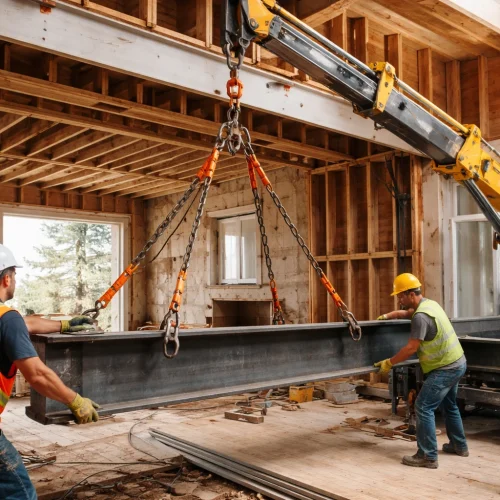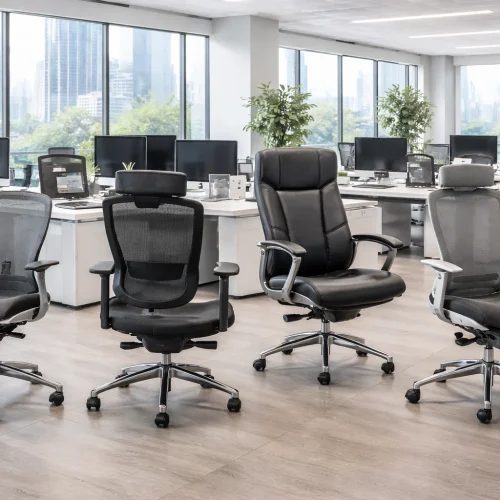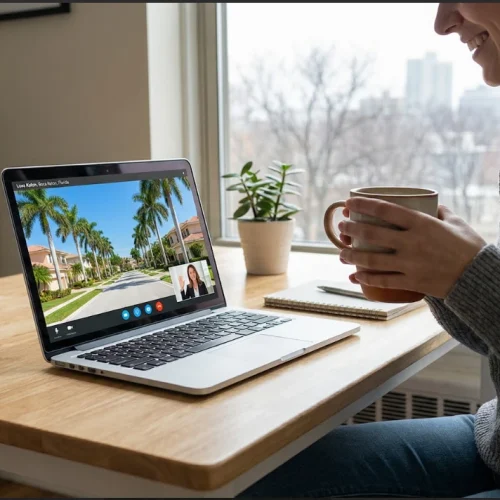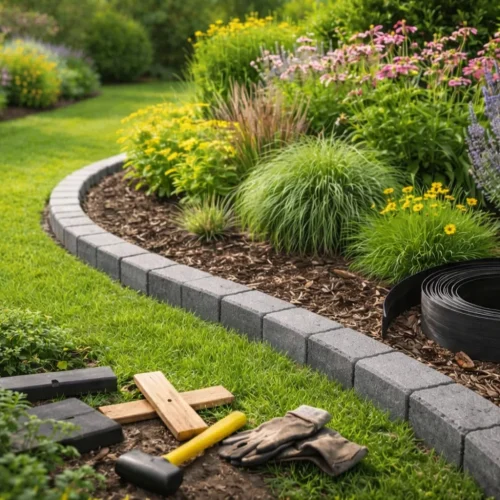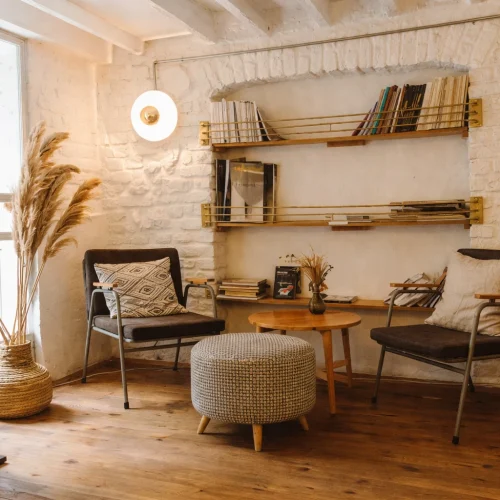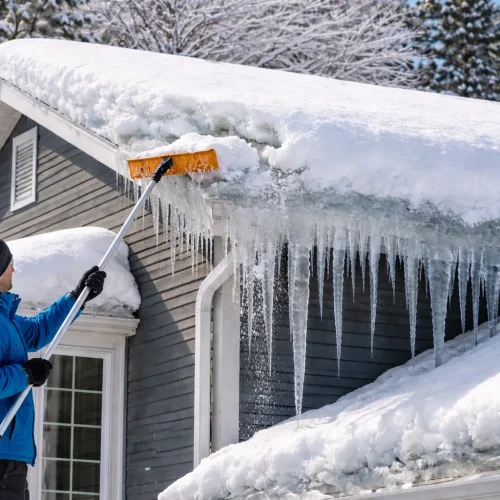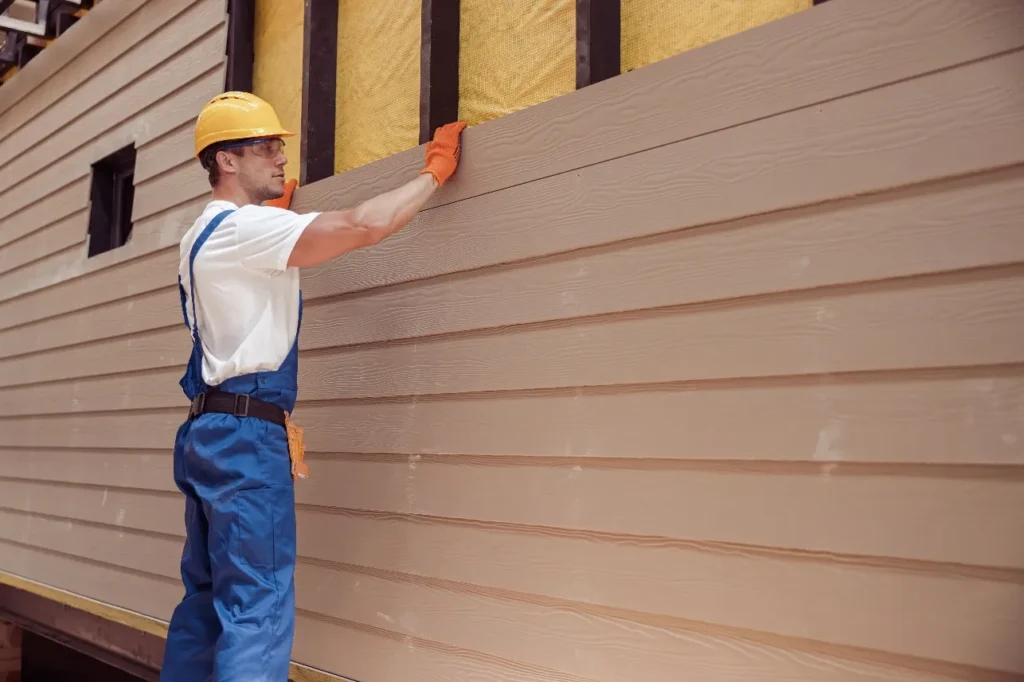
In the world of commercial construction and property maintenance, commercial siding contractors play a vital role in shaping the structural integrity, aesthetic value, and energy efficiency of buildings. Whether you’re developing a retail plaza, renovating an office building, or maintaining a large industrial warehouse, siding is not just a cosmetic feature—it is a critical component of a building’s envelope that protects against the elements, regulates interior temperatures, and adds significant value.
In this comprehensive guide, we’ll explore what commercial siding contractors do, the materials they use, the benefits of quality siding, how to choose the right contractor, and trends shaping the siding industry today.
What Do Commercial Siding Contractors Do?
Commercial siding contractors are specialized professionals who install, repair, replace, and maintain exterior cladding on commercial buildings. Their scope of work includes:
- Material selection and sourcing
- Preparation and inspection of building surfaces
- Precise installation of siding systems
- Weatherproofing and insulation integration
- Compliance with building codes and safety regulations
- Ongoing maintenance and emergency repairs
Unlike residential contractors, commercial siding contractors work on a larger scale, often managing projects that involve complex architectural designs, tight timelines, and coordination with other trades like roofing, HVAC, and plumbing.
Common Types of Commercial Siding Materials
The material chosen for a siding project has significant implications for the building’s durability, energy efficiency, appearance, and cost. Here are some of the most popular siding materials used by commercial siding contractors:
1. Metal Siding (Aluminum, Steel, Zinc)
Metal siding is prized for its durability and modern aesthetic. It’s common in industrial buildings, warehouses, and even contemporary office buildings. It resists fire, pests, and moisture.
2. Fiber Cement
Made from a mix of sand, cement, and cellulose fibers, fiber cement offers a balance between durability and aesthetic flexibility. It can mimic the look of wood, stucco, or stone while being resistant to rot and insects.
3. Vinyl Siding
Though more common in residential applications, vinyl siding is used in budget-conscious commercial projects due to its low cost and minimal maintenance.
4. Wood Siding
Used selectively in commercial properties aiming for a rustic or eco-conscious appearance. Wood offers natural insulation but requires more maintenance.
5. Composite Panels and ACM (Aluminum Composite Material)
These panels offer sleek designs, color variety, and long-term durability. They are often seen on malls, educational institutions, and corporate campuses.
6. Stucco and EIFS (Exterior Insulation and Finish Systems)
Stucco is a traditional material with modern applications, while EIFS adds insulation. Both are used in commercial facades where thermal efficiency is a priority.
The Benefits of Quality Commercial Siding
Installing high-quality siding through experienced commercial siding contractors offers a multitude of benefits, both immediate and long-term:
1. Enhanced Building Protection
Quality siding serves as a barrier against rain, wind, snow, and UV rays. It prevents water infiltration, mold growth, and structural deterioration.
2. Improved Energy Efficiency
Modern siding systems often incorporate insulation, helping regulate indoor temperatures and reducing HVAC load. This leads to lower energy bills and a smaller carbon footprint.
3. Aesthetic Appeal and Branding
The exterior of your commercial property is the first thing people see. Clean, well-designed siding can enhance your brand image, attract tenants, and increase resale value.
4. Durability and Low Maintenance
High-grade materials installed by professionals last longer and resist common issues like cracking, fading, or warping.
5. Compliance and Safety
Commercial siding contractors ensure that all installations meet fire resistance, wind resistance, and other local code requirements.
When to Hire a Commercial Siding Contractor
Not every siding project requires a full overhaul. Here are scenarios where hiring a commercial siding contractor becomes essential:
- New construction siding installation
- Storm damage or emergency repair
- Signs of water damage, rot, or mold
- Facade renovations for rebranding or modernization
- Energy efficiency upgrades
- Routine inspections for aging siding
Regular maintenance can prolong the life of your building’s exterior, and early intervention often prevents more costly repairs down the road.
How to Choose the Right Commercial Siding Contractor
Hiring the right professional is crucial for project success. Here are key criteria to consider when selecting a commercial siding contractor:
1. Experience in Commercial Projects
Ensure the contractor has a proven track record in commercial work, not just residential. Check portfolios, case studies, or testimonials.
2. Licensing, Bonding, and Insurance
Proper credentials protect both you and the contractor in the event of accidents or disputes.
3. Knowledge of Building Codes
Commercial buildings must meet strict fire, wind, and energy codes. A qualified contractor will be up to date on local and state regulations.
4. Range of Materials and Techniques
Look for contractors who can offer multiple siding options and tailor the system to your property’s unique needs.
5. Project Management Capabilities
Commercial siding jobs often involve coordination with other contractors and adherence to tight schedules. Choose a contractor with robust project management tools and communication skills.
6. Warranty and Aftercare
A reliable contractor stands by their work with warranties on both labor and materials. Aftercare services like inspections and repairs are a bonus.
Questions to Ask a Commercial Siding Contractor
Before signing any contracts, prepare a list of questions to vet your potential contractor:
- What commercial projects have you completed recently?
- Which siding materials do you specialize in?
- What warranties do you offer?
- How do you manage project timelines and communication?
- Can you provide references?
- How do you handle permitting and inspections?
These questions not only ensure transparency but also give you insight into the contractor’s professionalism.
Challenges in Commercial Siding Projects
While siding offers many advantages, there are challenges that commercial siding contractors must navigate:
1. Weather Delays
Outdoor work is weather-dependent. Rain, snow, or high winds can halt progress and impact deadlines.
2. Material Shortages
Global supply chain issues have made sourcing certain materials more unpredictable. Contractors must have contingency plans.
3. Complex Architecture
Multi-level buildings with custom designs require advanced installation techniques and specialized equipment.
4. Regulatory Compliance
Failing to meet local codes can result in fines or project delays. A good contractor will preemptively address these issues.
Innovations in the Siding Industry
As the construction industry evolves, so do siding materials and methods. Here are some innovations that forward-thinking commercial siding contractors are adopting:
1. Smart Siding Systems
Integrated sensors that detect moisture intrusion, temperature changes, or structural shifts.
2. Energy-Generating Panels
Photovoltaic siding that produces electricity, ideal for green buildings and LEED certification.
3. Sustainable Materials
Recyclable composites and sustainably sourced wood offer environmentally responsible alternatives.
4. Advanced Coatings
Nano-coatings and UV-resistant films extend the life and appearance of siding.
Cost Considerations
The cost of commercial siding installation varies depending on:
- Building size and height
- Material choice
- Accessibility (e.g., city center vs. rural location)
- Labor rates in your area
- Complexity of design
On average, commercial siding projects can range from $15 to $50 per square foot. While the upfront investment may seem high, the ROI in terms of reduced maintenance, energy savings, and improved asset value is substantial.
Tips for Maximizing Value
To get the most from your siding project:
- Invest in a detailed inspection before beginning.
- Consider energy-efficient siding to reduce operational costs.
- Don’t cut corners on labor. Quality installation is as important as the material.
- Maintain a regular inspection and cleaning schedule post-installation.
Final Thoughts
Commercial siding contractors are far more than tradespeople—they are vital contributors to the functionality, efficiency, and appeal of your commercial property. With the right contractor, you can achieve a durable and attractive exterior that enhances value, protects your investment, and aligns with your brand’s identity.
Whether you’re starting from scratch or upgrading an outdated facade, the expertise of seasoned commercial siding contractors will ensure your building stands strong and looks its best for decades to come.





